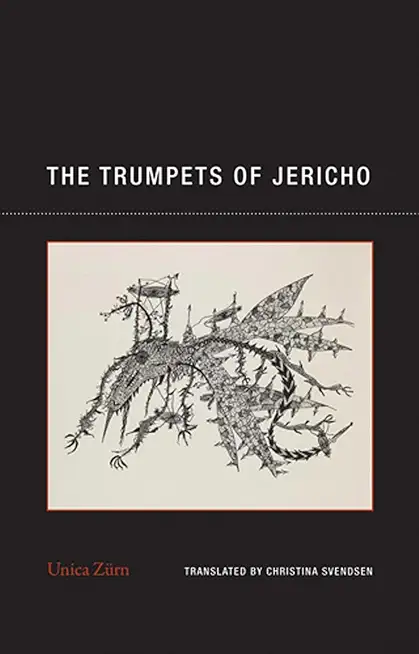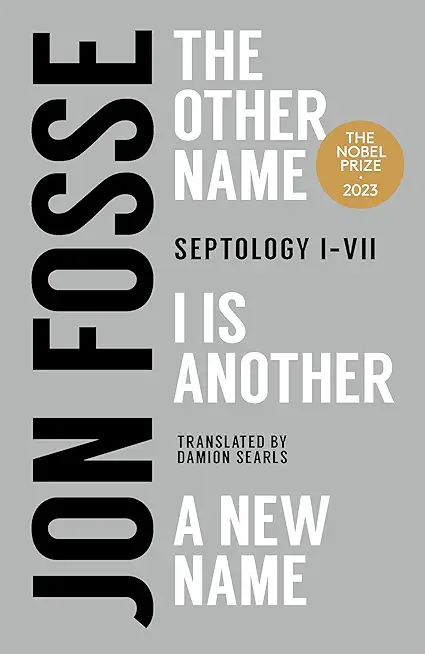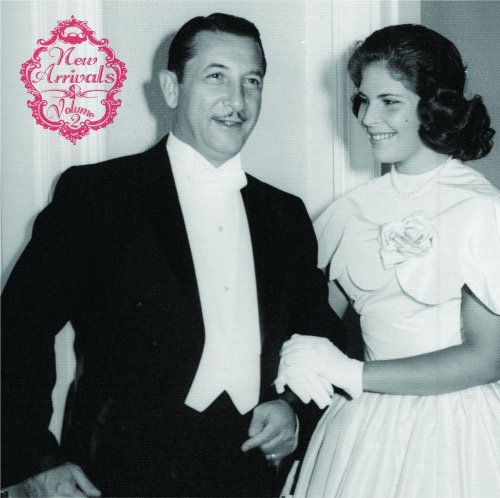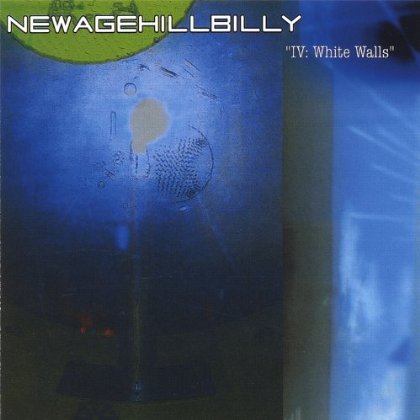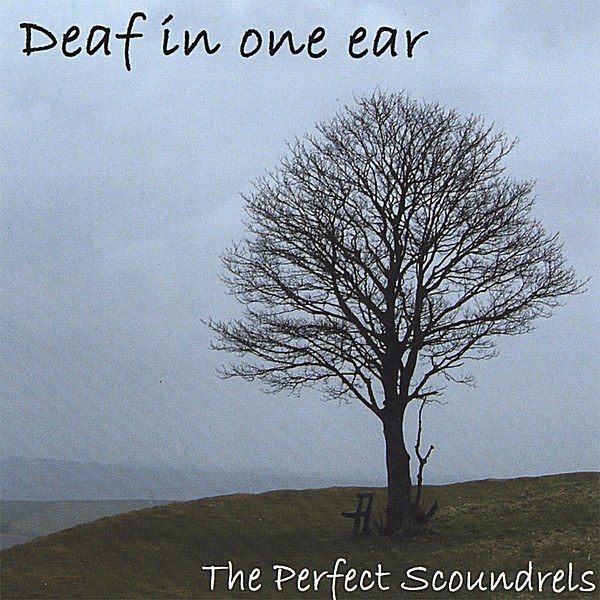
How do I love thee? Let me count the ways. With these words, Elizabeth Barrett Browning has come down to us as a romantic heroine, a recluse controlled by a domineering father and often overshadowed by her husband, Robert Browning. But behind the melodrama lies a thoroughly modern figure whose extraordinary life is an electrifying study in self-invention.
Born in 1806, Barrett Browning lived in an age when women could not attend a university, own property after marriage, or vote. And yet she seized control of her private income, defied chronic illness and disability, became an advocate for the revolutionary Italy to which she eloped, and changed the course of cultural history. Her late-in-life verse novel masterpiece, Aurora Leigh, reveals both the brilliance and originality of her mind, as well as the challenges of being a woman writer in the Victorian era. A feminist icon, high-profile activist for the abolition of slavery, and international literary superstar, Barrett Browning inspired writers as diverse as Emily Dickinson, George Eliot, Rudyard Kipling, Oscar Wilde, and Virginia Woolf.
Two-Way Mirror is the first biography of Barrett Browning in more than three decades. With unique access to the poet's abundant correspondence, "astute, thoughtful, and wide-ranging guide" (Times [UK]) Fiona Sampson holds up a mirror to the woman, her art, and the art of biography itself.


